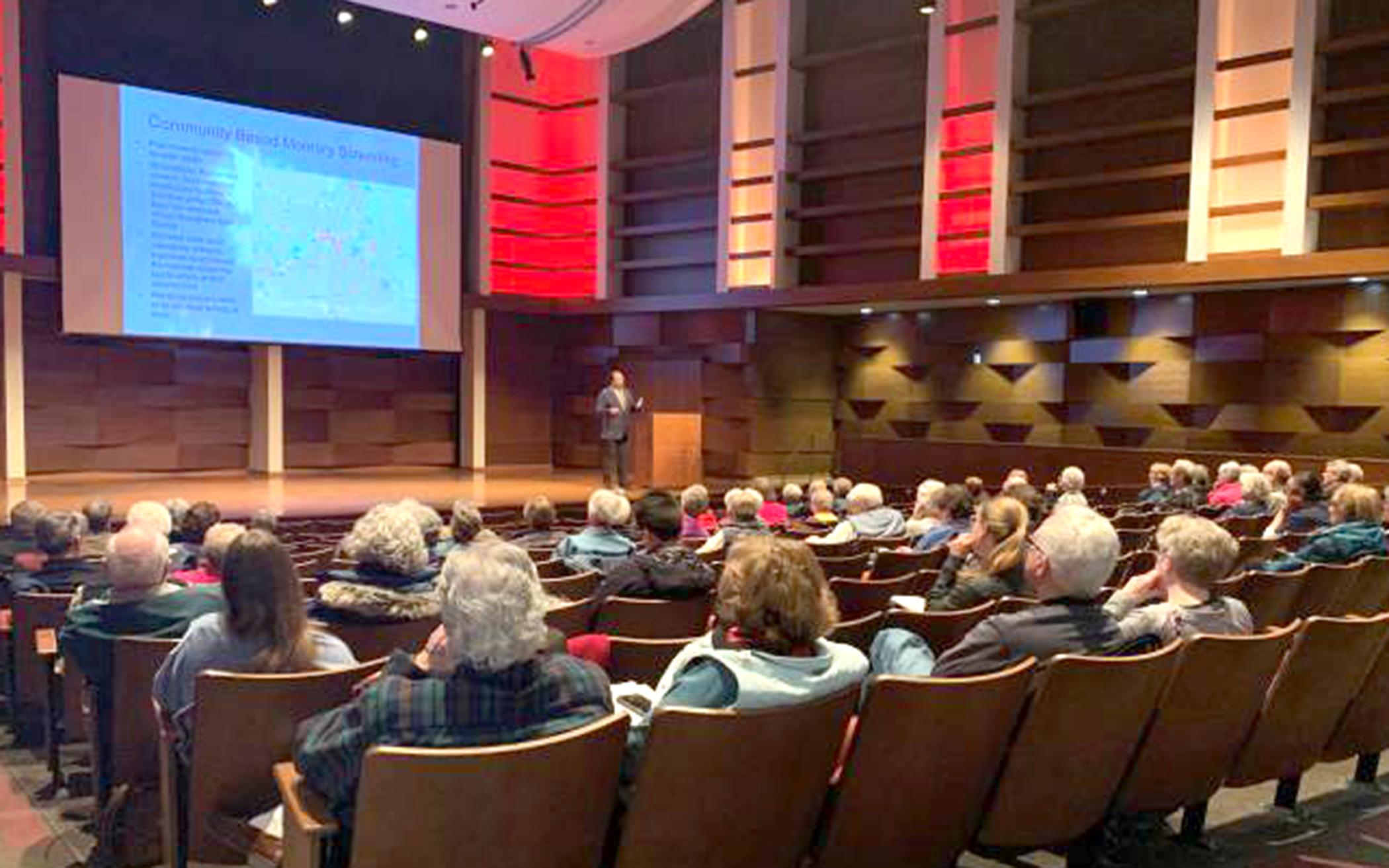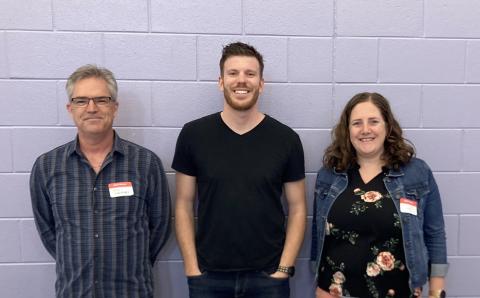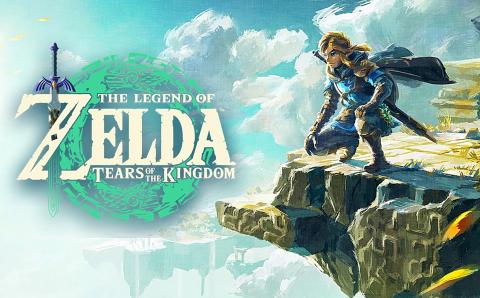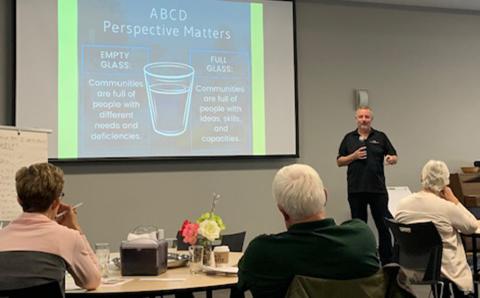There’s always something new to learn. Whether it’s understanding the latest software for your computer or studying Italian for an upcoming trip to Europe, people often find themselves needing to learn something. Acquiring new skills or knowledge can be difficult as we age, but the good news is that committing to a posture of lifelong learning promotes healthy brain function, can be personally fulfilling, and can provide a social network and a sense of belonging.
To help foster community and encourage an enduring love of education, Calvin University created the Calvin Academy for Lifelong Learning, a unique program where people of any age can participate in six-week classes on a host of subjects such as nature, theology, or sociology. No homework is given, and no grades are conferred. The courses are taught simply to expand minds, inform hearts, and create opportunities for connection and engagement.
Established in 1996, the CALL program has provided more than 1,900 courses, 288 free lectures, and 120 Passport to Adventure travel films to as many as 4,400 people a year. And the classes and clubs for everything from birding or memoir writing to knitting or international politics are open to everyone, including alumni and community members.
Community participant Fred Grasman attests to the program’s benefits. “For me it was another great season of learning—from ancient Rome to ancient Athens and from Netherlandish art to the music of Mozart,” he said. “The professors, each in their own way, are excellent. They dig into very complex subjects in a way that can be understood by an amateur like me and never talk down to their audiences. Through their teaching I have been able to capture some of the areas of study I did not have time for in my undergraduate days and now have come to appreciate. This has been a great joy.”
A big part of the CALL program is its travel initiative—the chance to explore different parts of the world with a group. In partnership with the Calvin Alumni Office, CALL has hosted 52 domestic and international trips in the past 12 years. Participants return home with a newfound community, perhaps some foreign language skills for those traveling internationally, and a love of lifelong learning. And while it’s not billed as a matchmaking service, every now and then the travel program has led to romance, director Sonja De Jong said. Most recently, during a trip to Greece, a CALL tour leader and widower met another traveler who’d recently lost a spouse, and the two began a dating relationship following the trip.
But it doesn’t take a trip to Greece or South Africa to cultivate community or maintain a posture of lifelong learning. Enjoying a play at a local theater, appreciating a new art exhibit, or studying bird habitats at a nearby park with a group of friends can also satisfy curiosity and a need for camaraderie. The CALL program provides these kinds of opportunities and more.
“We believe we have kept our members engaged, satisfied a desire for continued learning, improved mental well-being, and provided opportunities for participants to explore new areas of interest,” De Jong said. “Stimulating the mind certainly keeps persons engaged and actually happier. Those that join our lifelong learning program are some of the greatest people to work with because they are so optimistic and want to get the most out of life.”









